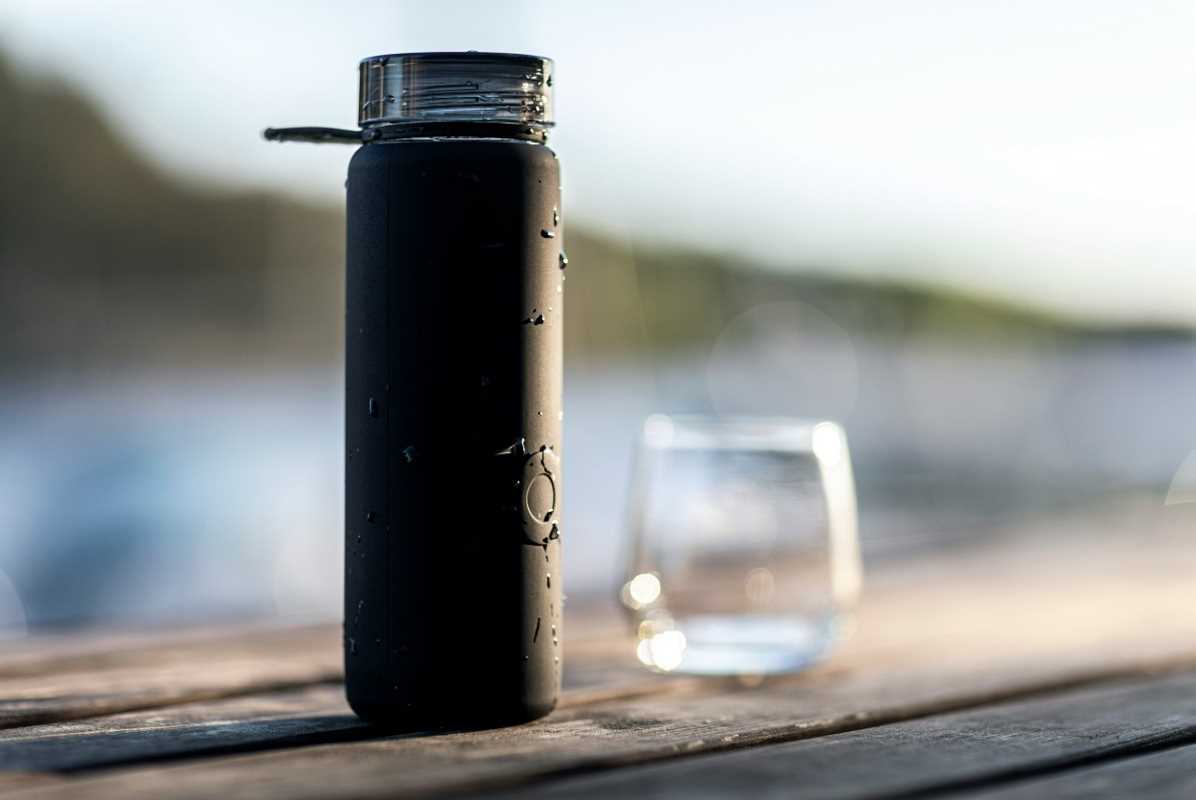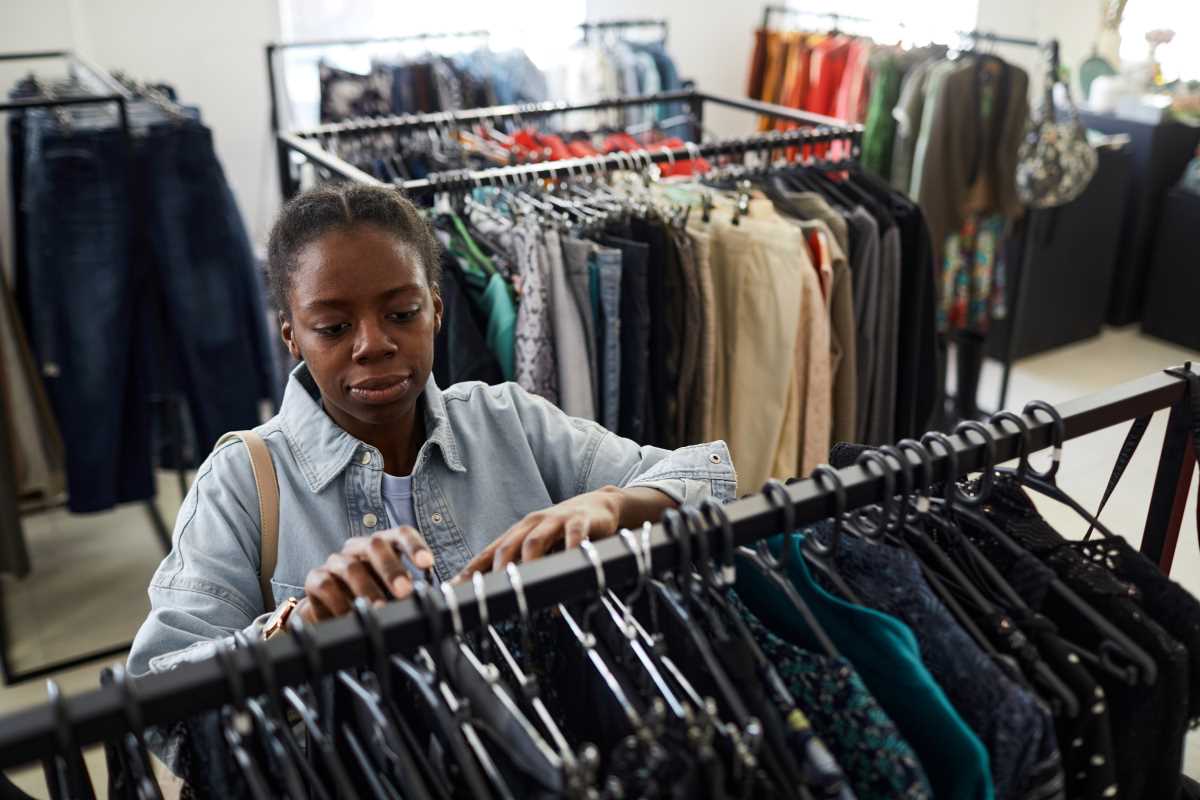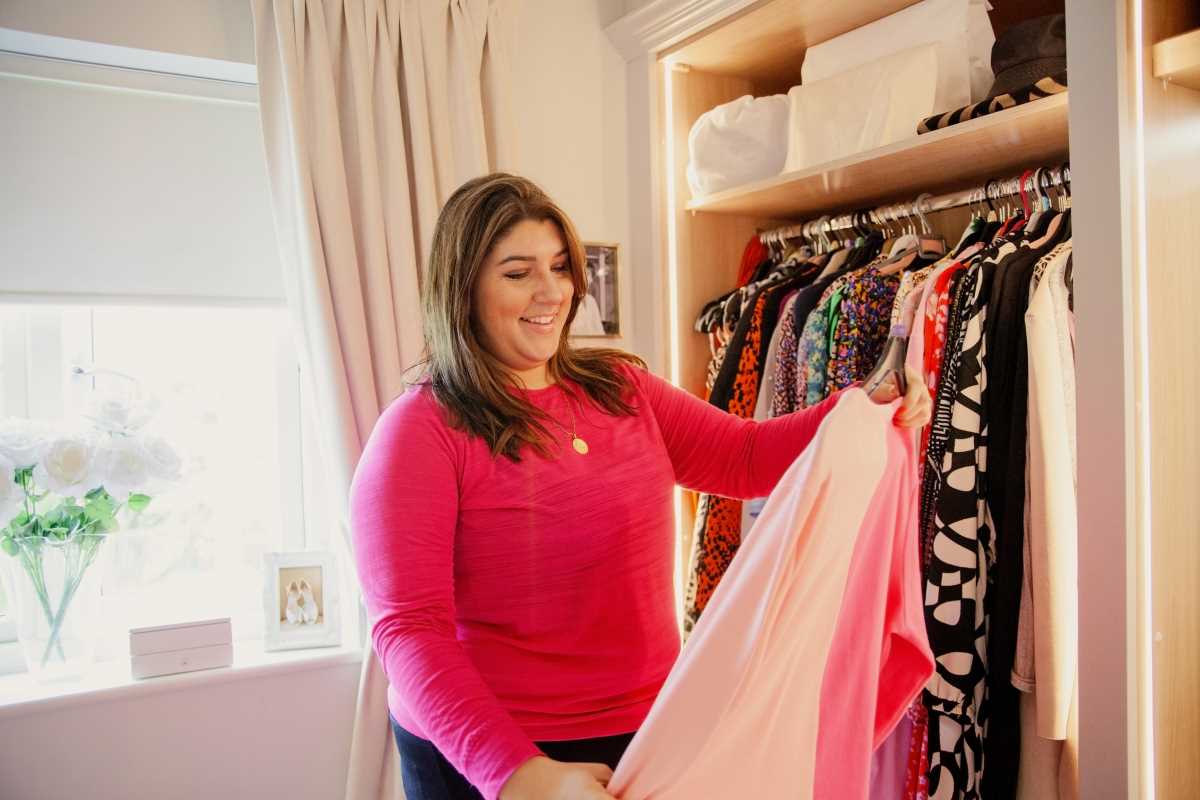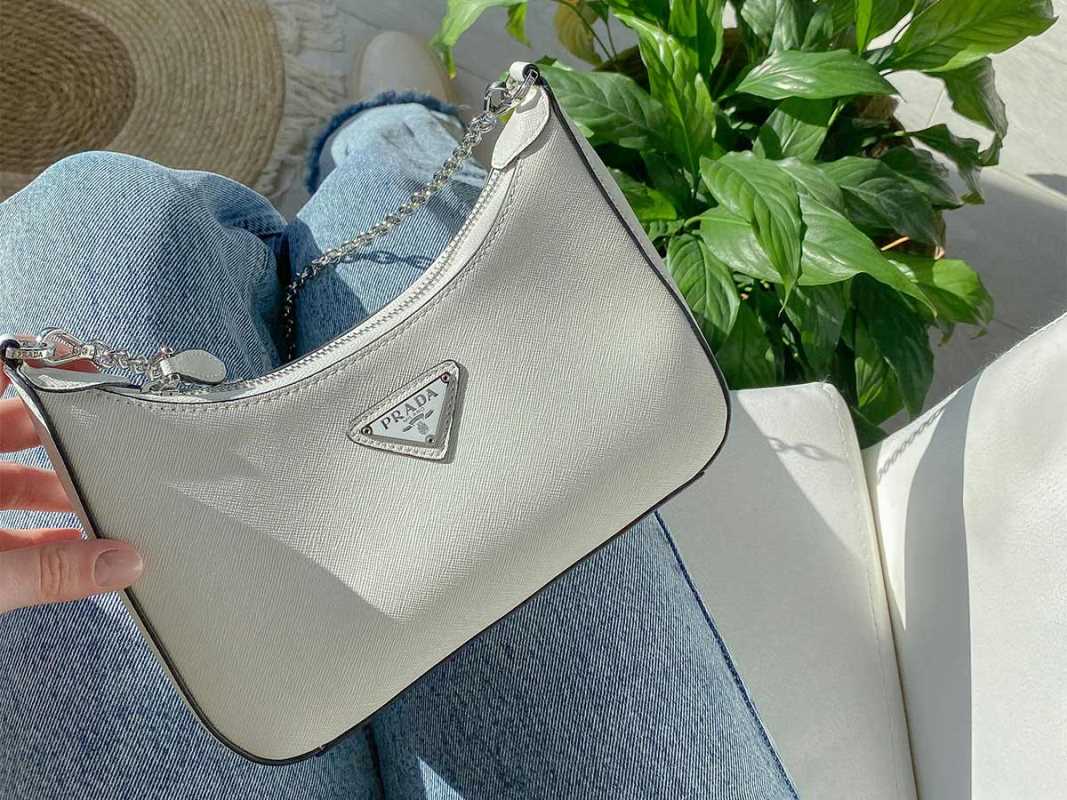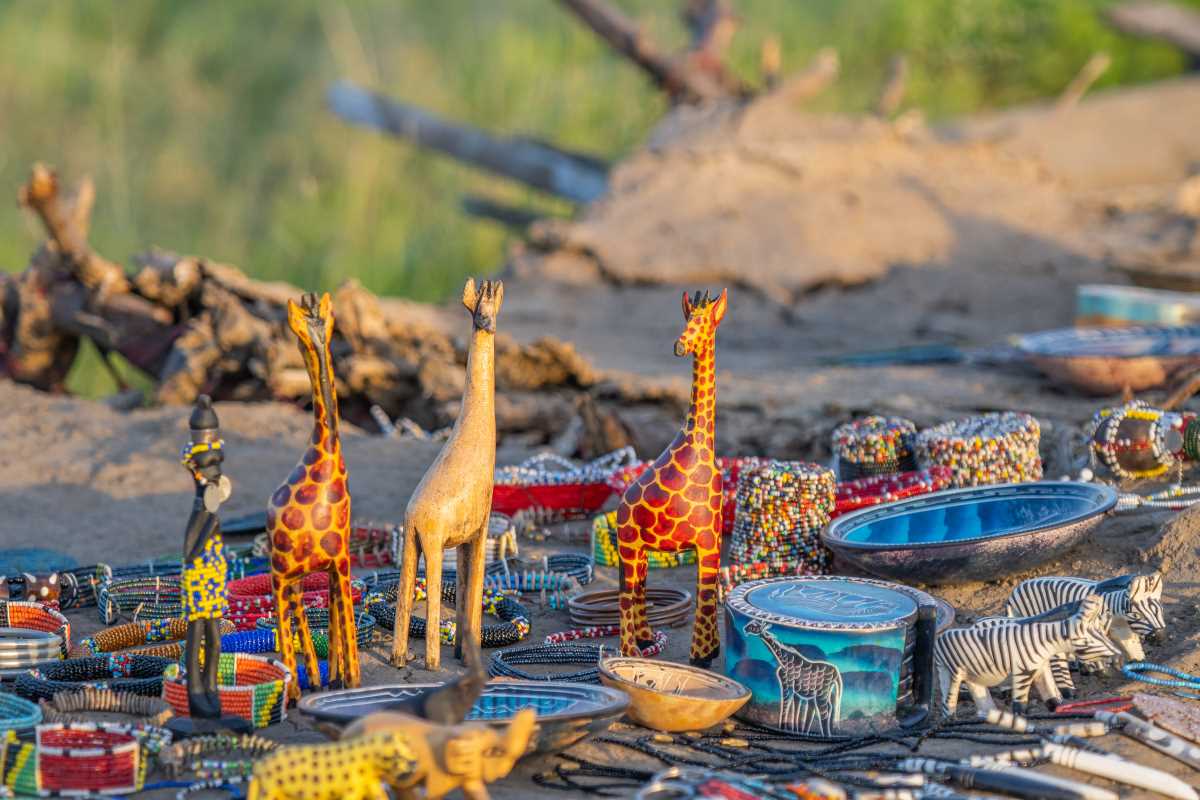Have you ever found yourself clicking “add to cart” faster than usual when you spot the words “limited edition”? Or maybe you’ve waited in a virtual line for hours just to snag a rare pair of sneakers, knowing that only a select few will get them? You’re not alone. Limited edition products have a special ability to make us feel excited, special, and (sometimes) a little desperate to buy. But what’s behind this phenomenon? Why do these “drops” spark such emotion and urgency? It turns out, psychology has a lot to do with it. By digging into ideas like scarcity, exclusivity, and social proof, we can uncover what makes these releases so irresistible.
The Power of Scarcity: We Always Want What’s Rare
Humans are hardwired to crave what’s scarce. Think about it this way: If something is rare, we believe it’s more valuable. This concept is called the scarcity principle in psychology, and it’s a major reason why limited edition products catch our attention. When brands say, “Only 500 units available worldwide!” your brain interprets that as, “You need to act now, or you’ll miss out forever.”
Scarcity triggers a fear of missing out (or FOMO). FOMO is that anxious feeling you get when you believe others are grabbing something special, and you’re about to lose your chance. For instance, if a concert sells out within minutes, those tickets feel even more precious. Limited edition drops mimic this feeling. They often set up countdowns, low-stock alerts, or release only a small batch, making you feel like the window to act is shrinking. You don’t just want that product anymore. You feel like you need it.
Example in Action
Look at brands like Supreme, which launch small and super limited product collections. Shoppers line up for hours outside stores, all because they know these items won’t be restocked. By the time the sale ends, some of these products are resold online for triple their original price. Why? Because when something is rare, its value (and your desire for it) skyrockets.
Exclusivity Makes You Feel Special
A big part of the appeal with limited editions is that they feel exclusive. Exclusivity is all about being part of a small, privileged group that gets access to something most people can’t have. Imagine owning a bag, a fragrance, or even a video game that only a handful of people in the world have. That product feels personal, almost like a badge of honor. You’re effectively buying status instead of just stuff.
Brands use this idea intentionally. Luxury companies like Louis Vuitton or Rolex thrive on exclusivity. They launch limited edition collections that aren’t just about owning a product but being part of an “in” crowd. When you wear that item, it signals that you’re someone who has taste, connection, or access.
The VIP Feeling
Ever heard of loyalty programs or invitation-only launches? These strategies are designed to boost exclusivity. Some brands even give early access to drops for their top customers or members. Getting that early invite makes shoppers feel special, as if they’re part of a secret club. The psychology is simple but effective: we love feeling included in something not everyone gets to experience.
Social Proof and the Bandwagon Effect
Another powerful force at play here is social proof. This principle is simple: We’re more likely to want something if we see others wanting it too. Psychologists call this the bandwagon effect. Think about the last time you saw a long line outside a trendy food truck. Even if you weren’t hungry, you might have felt curious to try it because so many others seemed interested.
Limited edition drops lean on social proof heavily. The hype surrounding a product often starts before it even launches. Influencers might tease the release on Instagram, TikTok videos might showcase unboxings, or YouTubers might do reviews. Suddenly, it feels like the whole world wants that product, even if it’s just a select group creating all the buzz. And because humans are social creatures, we often think, If all these people love it, it must be worth my time (and money).
How Social Proof Creates Hype
Consider the frenzy over the newest iPhone colors or the seasonal Starbucks cups. Even when the product itself doesn’t dramatically change, carefully crafted hype puts these items in the spotlight. Seeing friends, influencers, or even strangers rave about a product makes you feel like you should jump on the train too.
The Emotional Rollercoaster of Ownership
Buying a limited edition product creates a rollercoaster of emotions. First comes that rush of adrenaline when a drop goes live and you’re racing against the clock (and other shoppers). It's the thrill of the chase. Then, when you do secure the item, there’s genuine satisfaction and pride. You braved the challenge and came out on top! Sometimes people even share their purchase with others, either in person or online, as a way to celebrate their win.
This emotional high is tied to how our brains work. When we buy something rare or exclusive, our brain releases dopamine, a chemical tied to pleasure and reward. This reinforces the behavior, making us more likely to go after the next drop.
Making Smarter Choices
While it’s fun to take part in the excitement of limited edition drops, it’s important to shop with intention. Knowing the psychology behind these launches can help you avoid impulse buying. Ask yourself, “Do I really love this product, or am I just caught up in the hype?” Pausing before checkout gives you the chance to make a more thoughtful choice.
You can also set limits for yourself. Maybe you budget for one or two major splurges a year, so you’re picking items you truly value rather than getting swept up every time a brand announces a launch.
Retail therapy can be a dangerous game. Limited edition drops are a fascinating mix of psychology and marketing. By understanding why we’re drawn to these releases, we can enjoy the thrill without overspending. After all, being an informed shopper is its own kind of win!
 (Image via
(Image via